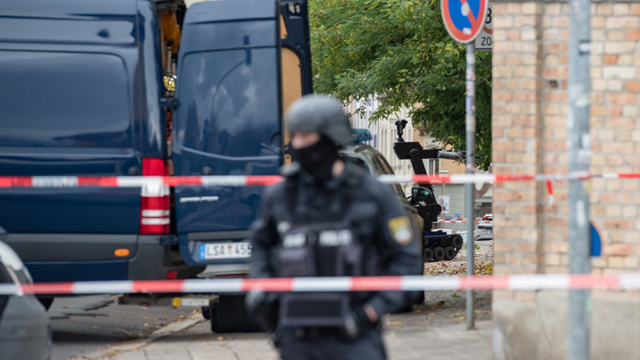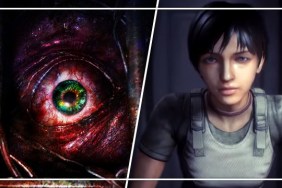A shooting occurred in Germany yesterday, October 9, as a gunman tried to break into a synagogue while broadcasting live on Twitch. Five people watched the video live, but thousands more managed to see the footage after the livestream ended.
The 35-minute video remained available on the livestreaming service for 30 minutes. At this point, Twitch detected the footage and promptly removed it, but not before over 2,200 people were able to watch it.
ALSO: The new PS5 controller won’t just be a gimmick
The terrorist attack occurred in the city of Halle in eastern Germany, at around 1200 local time, and was carried out by a single person, according to a report from BBC.
Information from Bild states the suspect is a 27-year-old German who seemingly acted alone. However, Twitch believes that there was some coordination to make the video widely available. A statement from the company says, “Our investigation suggests that people were coordinating and sharing the video via other online messaging services.”
In the video, the gunman was seen making anti-Semitic comments to the camera. He was talking about feminism and denying the Holocaust, as he drove to the synagogue. After shooting the door but failing to break in, the gunman shot two people dead in the vicinity, a man and a woman, all while livestreaming the incident. Authorities later placed the gunman under arrest as he tried to flee in a taxi.
Twitch said that the account livestreaming the Germany shooting was created two months ago, with only a single attempt to livestream before the attack was made. Twitch adds that it has a “zero-tolerance policy against hateful conduct.” A video hash—effectively a video fingerprint that helps other platforms detect the video when being uploaded—was forwarded to various companies, including Microsoft and Facebook, in an attempt to prevent it from being spread further.
This Germany shooting shares some similarities with the New Zealand mosque attack in March, where a gunman killed 51 people in an incident that was livestreamed on Facebook. As detailed in the BBC report, algorithms are being created to prevent livestreaming videos of the shooting. However, this is a “difficult and complicated task,” according to Christopher Tegho, a machine learning engineer at the video analytics firm Calipsa.







